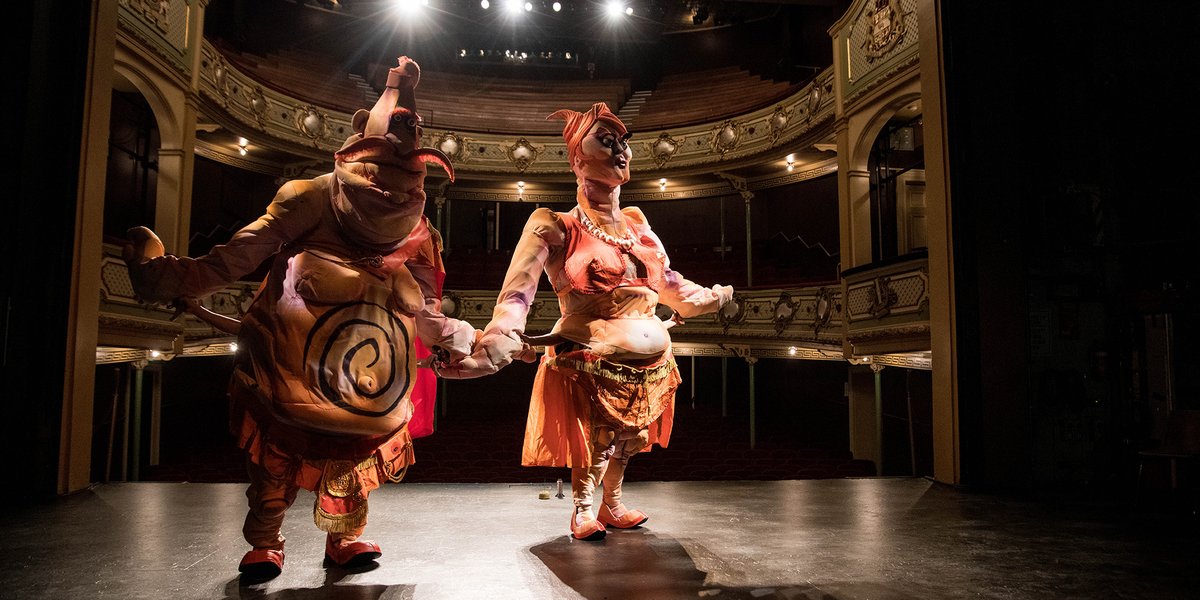Luca Brasi
"It’s not an edge, competitively, to be a punk band from Tasmania. But it’s our edge."
"When we started touring people would make fun of us, mock us. ‘Are you guys actually from Tasmania?’ We kept going, and after a while it changed."
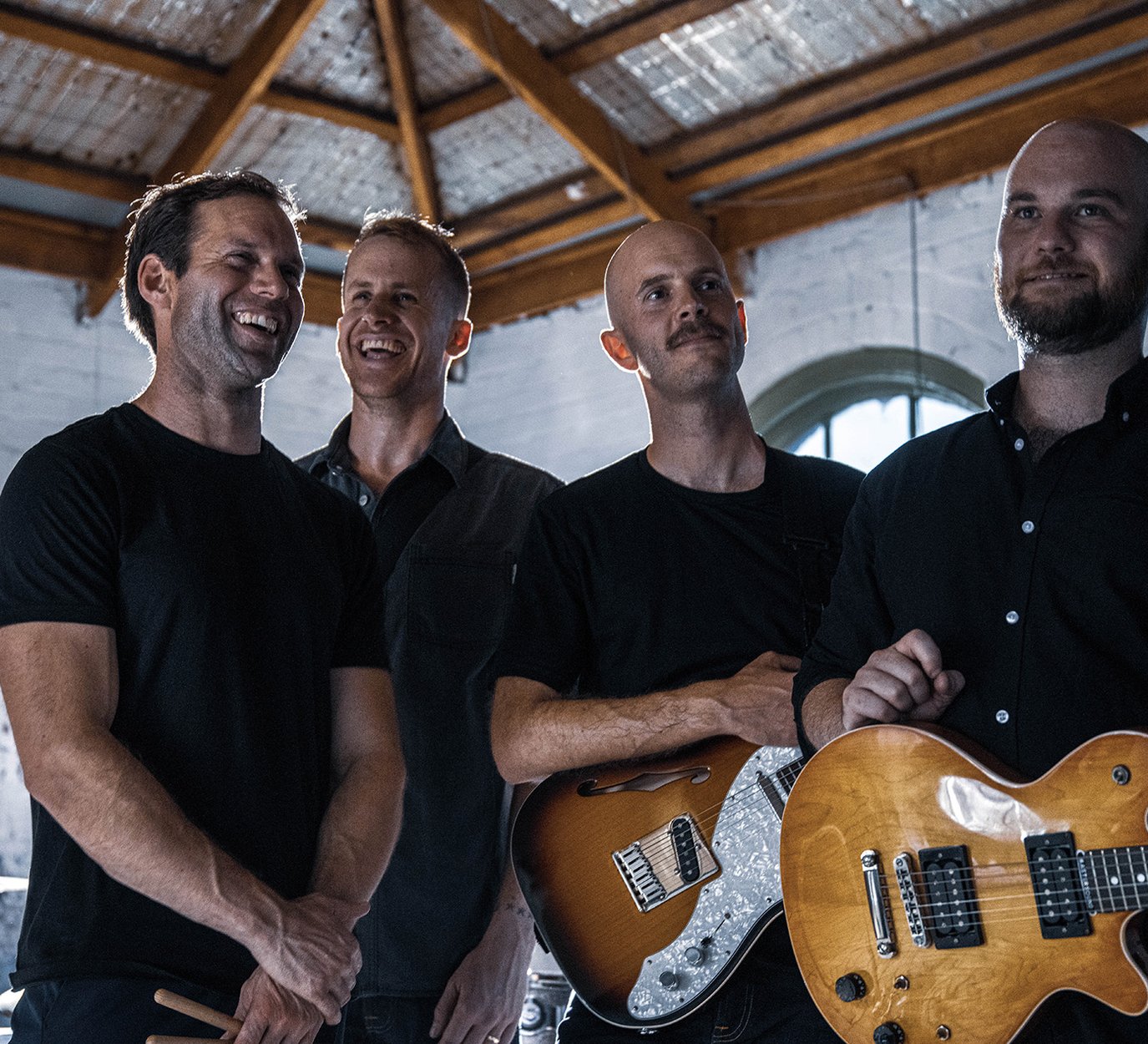
Punk rock bands tend to start in obscurity. Not Luca Brasi. When they first played in 2009, it was to full pubs.
Well, pub. The pub in St. Helens.
“Usually a band plays its early shows to two people,” says Tyler Richardson, Luca Brasi’s lead vocalist and bass guitarist. “We’re small town guys so we played to everyone we ever knew from school. In the pub.”
The empty rooms came when they crossed the Bass Strait.
“We went back countless times and played to no one, played to no one, played to no one,” says Tyler. “But we kept going back and back and back.”
All the while they practiced and pushed themselves, and they got better and better and better.
“I guess we see our own story, like the Tasmanian story, in three parts,” says lead guitarist Thomas Busby. “When we started touring people would make fun of us, mock us. ‘Are you guys actually from Tasmania?’ We were playing more and touring more, and slowly it turned into, ‘When are you moving to Melbourne?’ We kept going, and after a while it changed again. People on the mainland started to say they love Tassie, that they want to come here for our shows.”
Most of the journalism about the band dwells on the productive power of isolation, of moody weather and grit. When they composed the piece of music that accompanies the Be Tasmanian video, Luca Brasi were thinking mostly of newfound confidence.
“It’s not easy,” says Thomas. “It’s not for everyone. We like the honesty of that, and these were the kinds of things that stuck in our minds, that we related to, that we wanted to channel into song. But especially the quiet confidence. When people made fun of where we were from, or pushed back, it was always fuel for us.”
“It’s always Tasmania’s Luca Brasi, when you hear us on the radio,” says drummer Danny Flood.
“Tasmanians have a sense of belonging with the band and a sense of ownership over the band as well. You realise what it means to some people. It sometimes feels like: ‘This means more to you than it does to me.’ And when we play on the mainland to ex-pat Tasmanians they talk like they never left, like they’re still here.”
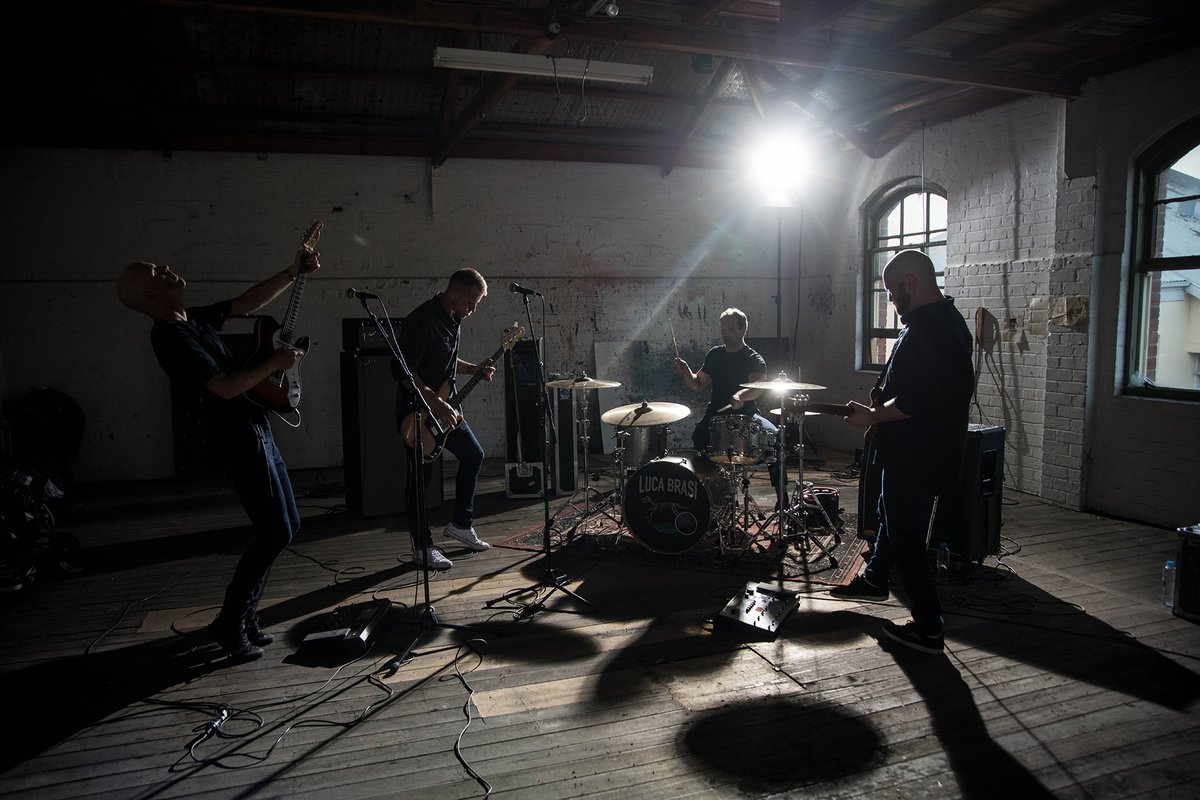
The romantic articles about creating in Tasmania aren’t wrong. This is an ideal place for a committed artist, especially as digital platforms make it easier than ever to reach audiences and patrons around the world.
And the state has a rich musical history. In 1948, the Zeehan-born Eileen Joyce played the first concert of the Tasmanian Symphony Orchestra, which has grown and evolved into one of the country’s most important cultural organisations.
The TSO has not only travelled the world. It has inspired and encouraged generations of young Tasmanian musicians – and all Tasmanians. In the mid-90s, when the TSO was on the verge of reducing the size of the orchestra because of budget cuts, over 35,000 people signed a petition criticising the move.
Luca Brasi is building on a more underground Tasmanian tradition, which went through its own slowdown in the early 2000s. In an ABC article in 2019, journalist Michael Della Fontana looked back on a period of great musical creativity.
“The live music scene in Hobart in the 80s and 90s was arguably as vibrant as anything the mainland had to offer,” he writes, “with pubs and clubs pumping on any given night of the week.”
Structural changes in the pub economy made it more difficult for Tasmanian bands to get their start, and the Global Financial Crisis in 2008 hurt touring acts. The cultural jolt of MONA and its festivals helped reignite the Tasmanian music scene. Yet there will always be pressure to move to the mainland to be closer to large population centres and multiple venues, as Luca Brasi both felt and resisted.
“It’s not an edge, competitively, to be a punk band from Tasmania,” says Tyler. “But it’s our edge.”
Patrick Marshall, the band’s rhythm guitarist, wonders what the band’s edge would be if it wasn’t Tasmanian-ness.
“You’ve always seen Tasmanian stuff all over our merch,” says Patrick. “Our banners always had a Tassie devil or a Tassie tiger or a map or something. It was a badge of honour. If you don’t like it, too bad. And I think about it… if we had relocated, how would we have marketed ourselves? We didn’t want to be a mediocre punk band from Australia. We wanted to be different.”
Like the sound of Luca Brasi? We do too. To keep track of releases and where to see them on tour their website posts all their latest news.
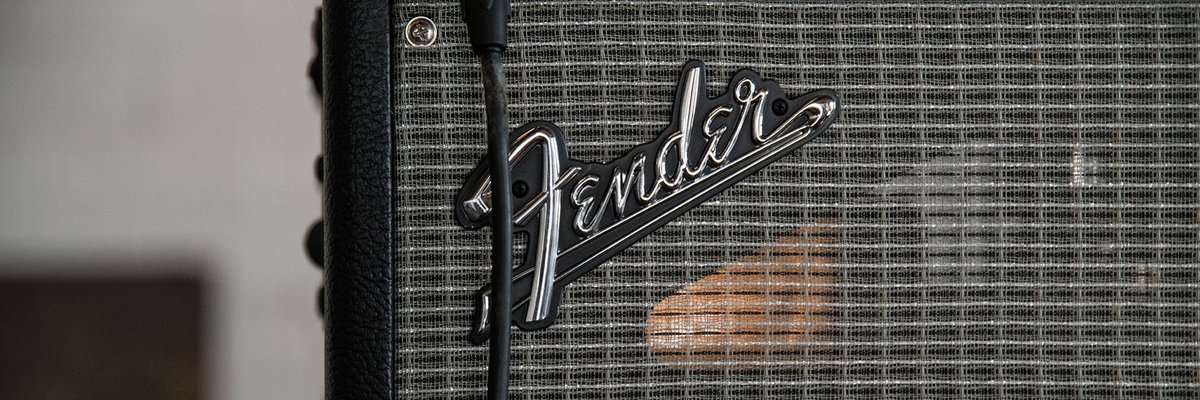
Luca Brasi are one of 18 Tasmanian stories featured in our short film about the Tasmanian story. Luca Brasi's scene was filmed at an artist’s studio in Hobart’s CBD.
Read about more Tasmanians
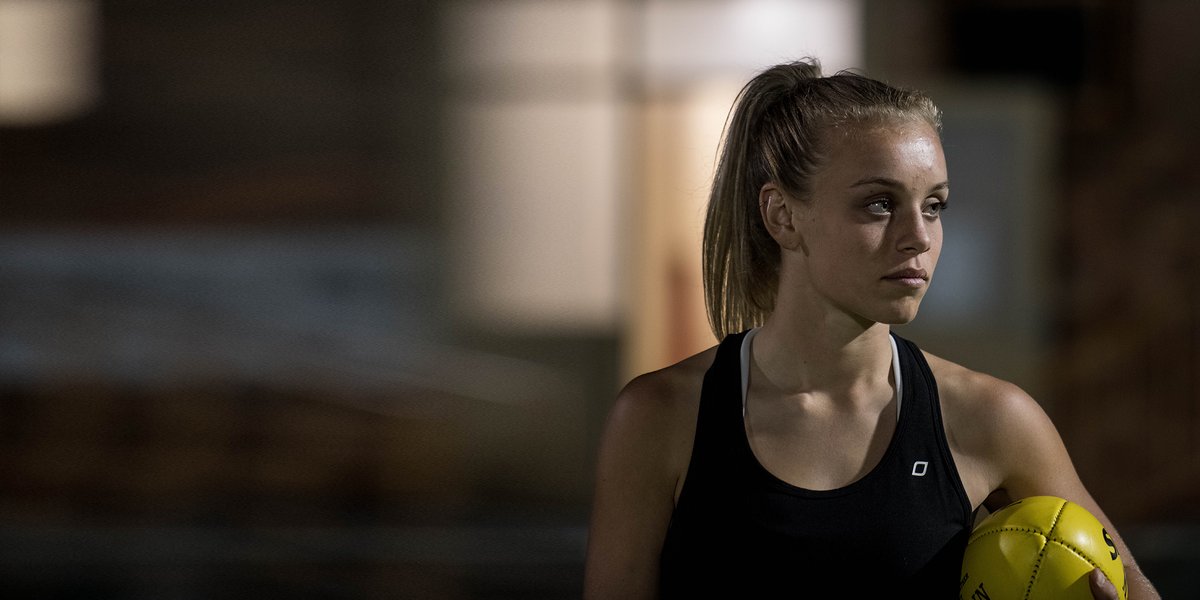
Jemma Blair
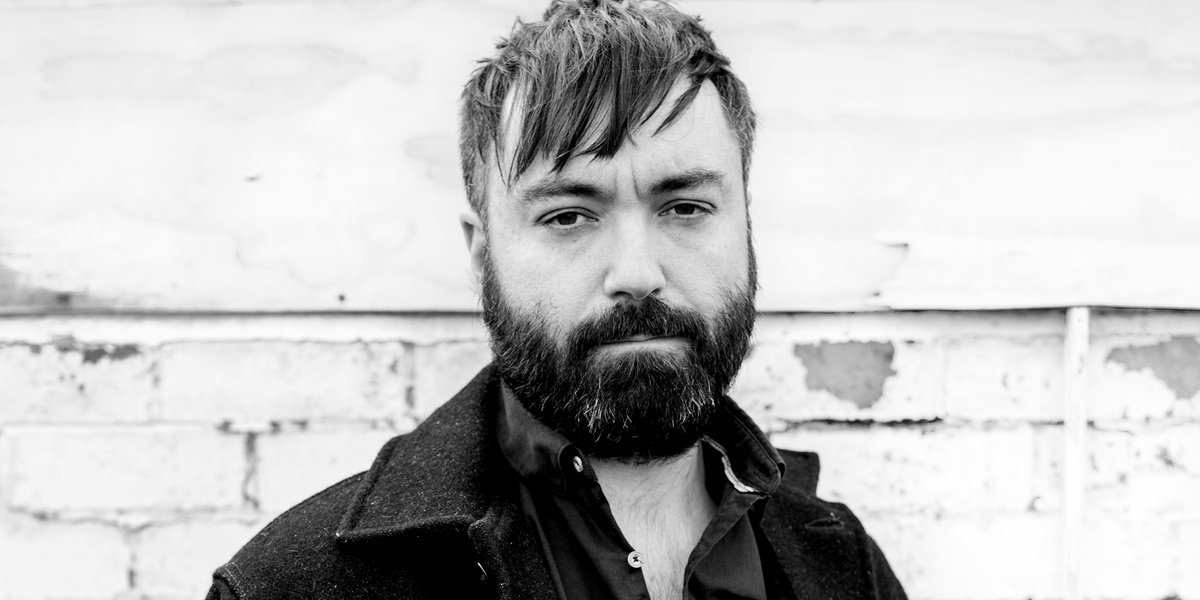
Travis Tiddy
